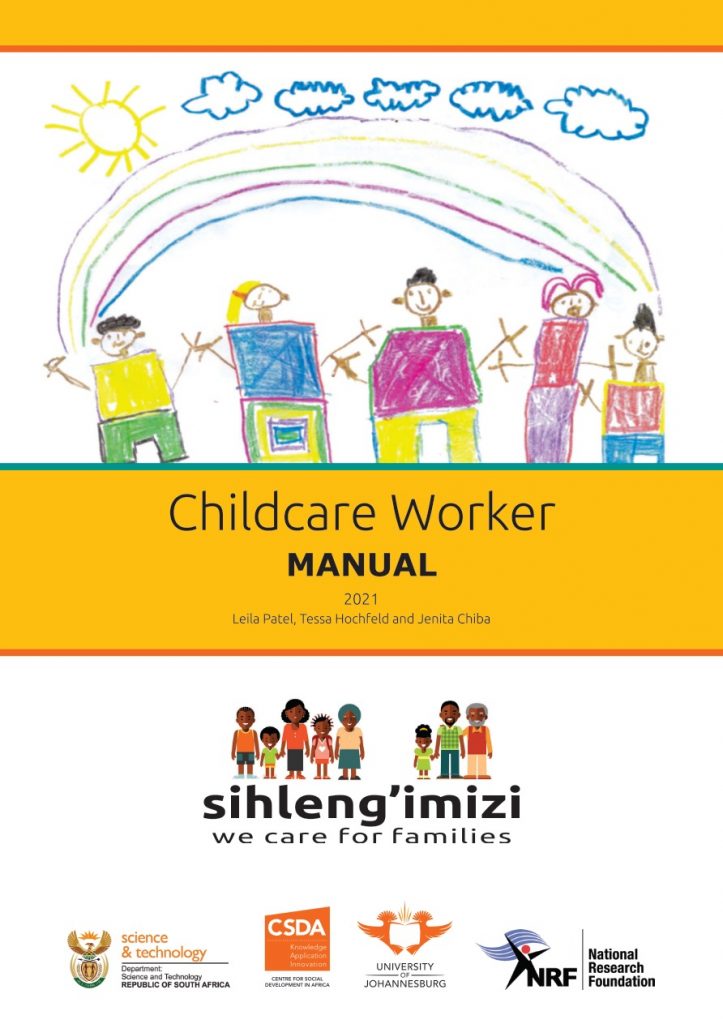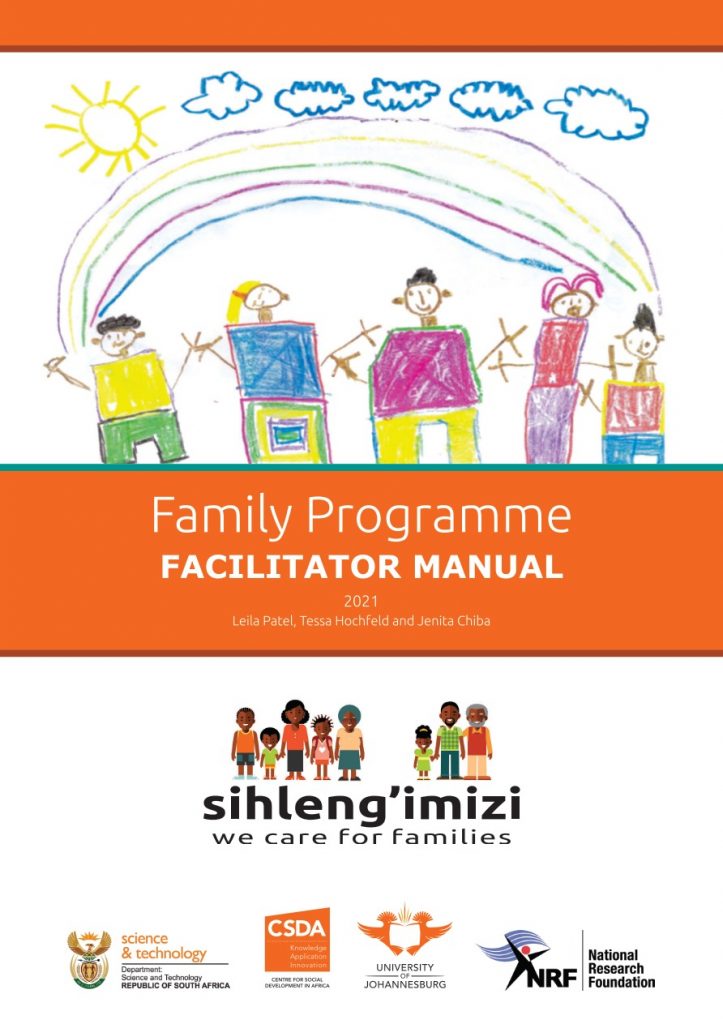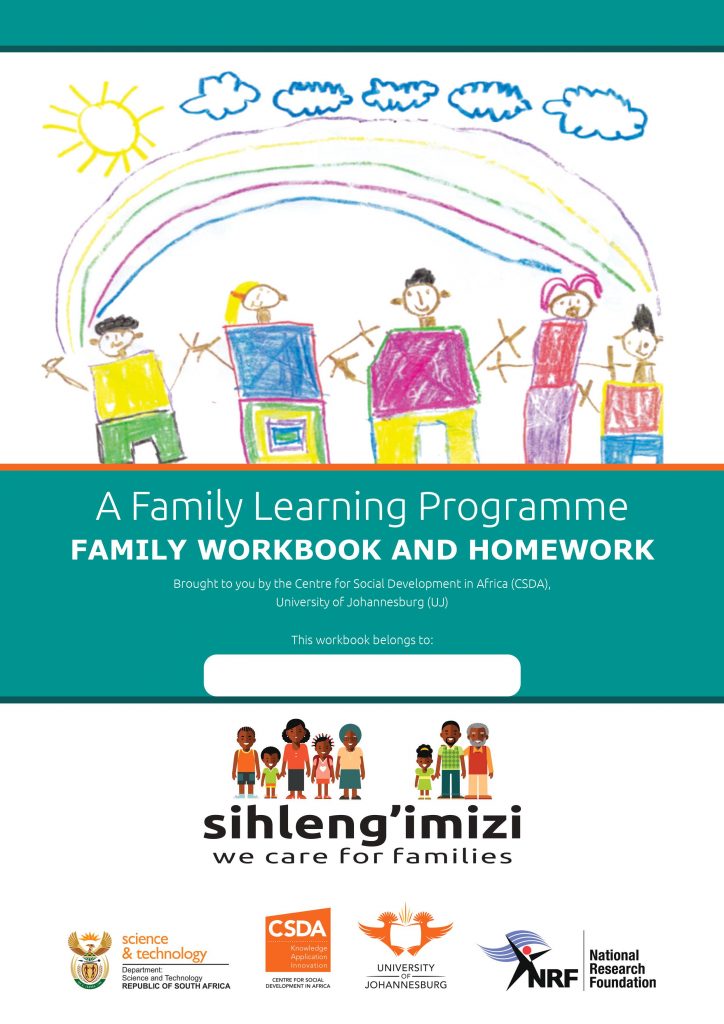Over 12 million children, or 63% of all children in South Africa, received a Child Support Grant (CSG) in 2018. The CSG is a cash transfer that has had a positive impact on child nutrition and school attendance and in reducing income poverty in poor families with children. However, despite the significant poverty alleviation benefits of the CSG, the provision of cash alone falls short in meeting the multi-dimensional needs of children and their families. Recognising the limitations of cash transfers as a stand-alone intervention, and in order to enhance child well-being in a holistic fashion as well as accelerate the positive benefits of the CSG, complementary family and community-centred care and support services are now widely advocated (Patel et al, 2017). Watson and Palermo (2016) refer to ‘cash plus’ or ‘cash and care’ programmes that combine cash transfers with other sorts of social and development support. Family strengthening interventions to support CSG beneficiaries in their caregiving responsibilities and to promote child well-being is one such complementary intervention. Research studies locally and internationally show that family strengthening interventions have the potential to mitigate psychosocial, systemic and structural risks associated with compromised child well-being (Cluver et al, 2016; Richter & Naicker, 2013; Gorman-Smith et al, 2007). Drawing on our research at the Centre for Social Development in Africa (CSDA), University of Johannesburg, and its partners, contained in a report titled Family Contexts, Child Support Grants and Child Well-being in South Africa (Patel et al, 2017), a family intervention was designed and piloted in 2016.
The Sihleng’imizi Family Programme has continued to yield positive results since the initial study – which focused on families from Johannesburg’s poorest areas – was conducted in 2017. Sihleng’imizi (“we care for families” in isiZulu) is designed to complement and scale up the positive benefits of South Africa’s Child Support Grant, and to strengthen disadvantaged families to improve child well-being outcomes. A follow-up evaluation has shown that participants continued to apply Sihleng’imizi’s lessons almost a year after the formal programme was completed. All three waves of the evaluation were explored in a 2020 article by Professor Leila Patel and Professor Eleanor Ross (Visiting Professor of Social Work, University of Johannesburg), published in Child and Adolescent Social Work Journal.
To ensure that people far beyond the initial study group can harness Sihleng’imizi’s lessons, the Centre for Social Development in Africa has created a manual for facilitators and a workbook for families. Both have been produced under a Creative Commons 4.0 licence so that they can be widely used and shared. The manual and workbook are complementary: as with the original Sihleng’imizi programme, facilitators and families are encouraged to work closely together throughout the process. The beautifully illustrated, interactive publications contain information about alternative forms of discipline; the importance of caregivers offering homework and reading support; accessing social support services and developing family support networks. There are fun “homework” assignments, and families are encouraged to set goals as they progress through the workbook. Ample space has been provided for families’ own sketches, stickers and ideas.
Both the manual and the workbook can be downloaded below. There is no cost involved in downloading and using these documents.



